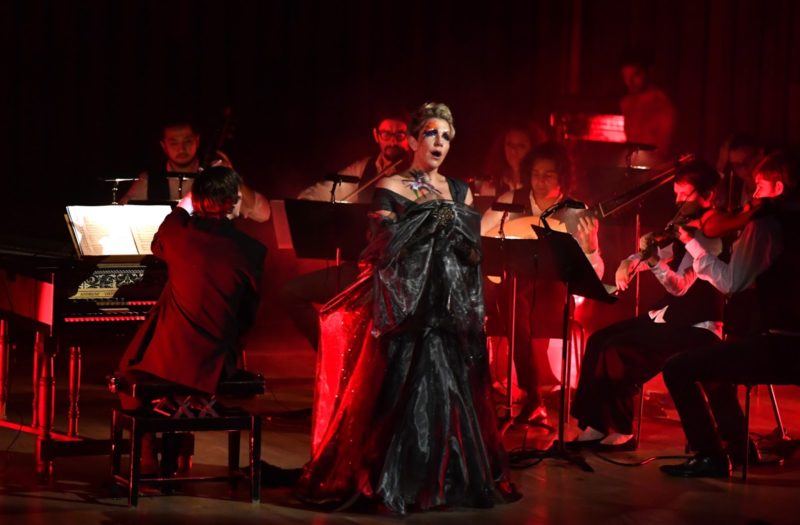Opera News
It’s hard to imagine that a mere CD could fulfill such a messianic purpose. But the first cut, “Scenes of horror, scenes of woe,” from Handel’s Jephtha, gives a sense of what she’s up to ...
Opera News

I had last heard this aria in Susan Gritton’s trim, well-mannered reading on the Sixteen’s recent recording of the complete oratorio. DiDonato’s version is something else entirely. The sharp attack of her singing gives it an almost shocking immediacy; the hammer-stroke articulation of the line “rising from the shades below” makes it seem as if the “scenes of horror” were indeed dredged up from hell. The barbarities she describes, rather than transpiring in the conveniently distant past, could be in Aleppo or at Pulse in Orlando. By making the aria so visceral, DiDonato tells us that the act of performing music—and of listening to it—needn’t be a purely aesthetic endeavor but a means of understanding the world we live in.
The entire recital benefits from the American mezzo’s warmth of tone and prodigious technique—fully expected but nonetheless welcome. (The pinging staccato arpeggios in “Par che di giubilo,” from Niccolò Jommelli’s Attilio Regolo, all but defy credibility.) Under Maxim Emelyanychev, the musicians of the Italian period-instrument orchestra Il Pomo d’Oro play with vigor, commitment and emotional specificity, co-navigators on DiDonato’s voyage of exploration.”
Fred Cohn – Opera News
